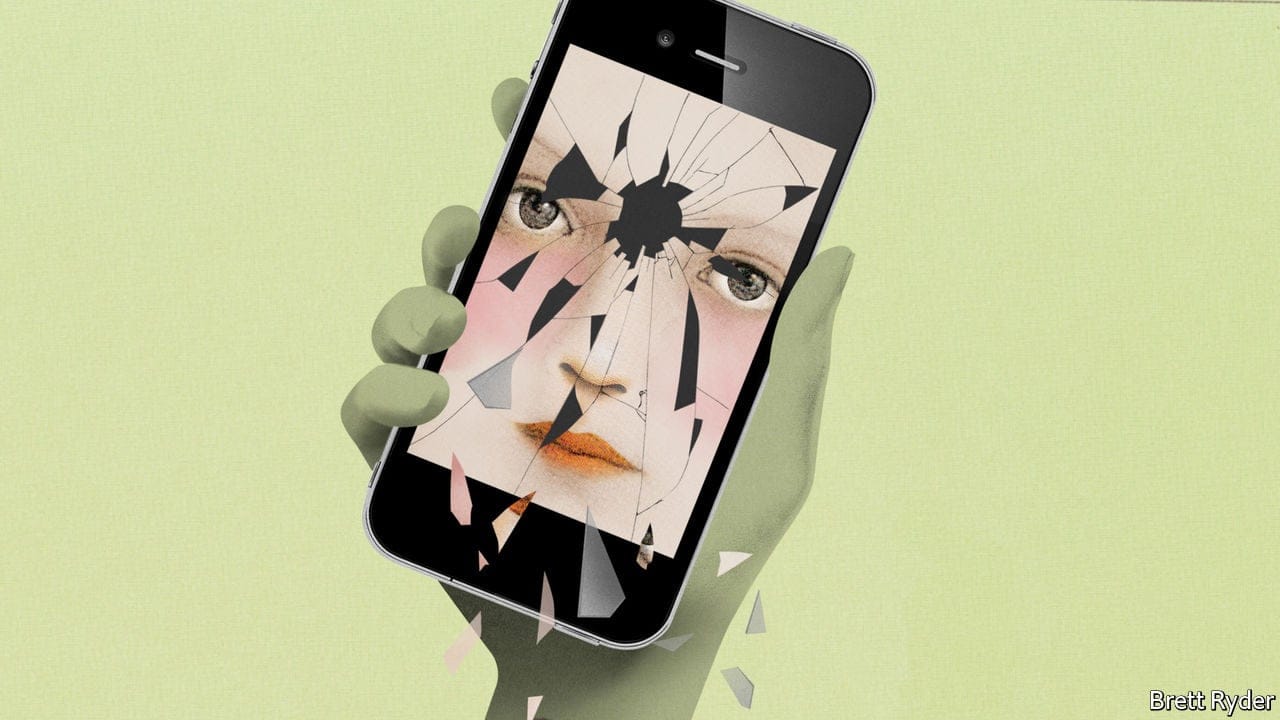- by Amy Yee
- 01 15, 2026
-

-
-
Loading

Loading

WHEN CAROLINA ESCUDERO was severely depressed, going to a therapist’s office became hard to face. So she joined BetterHelp, a popular therapy app. She paid $65 each week but spent most of her time waiting for her assigned counsellor to respond. She got two responses in a month. “It was like texting an acquaintance who has no idea how to deal with mental illness,” she says. BetterHelp says its service does not claim to operate around the clock, all its therapists have advanced degrees and “thousands of hours of hands-on clinical work”, and users are able easily to switch them if scheduling is hard.Helping people to deal with mental problems has rarely been more urgent. The incidence of depression and anxiety has soared in the pandemic—by more than 25% globally in 2020, according to the , a medical journal. That, combined with more people using online services, has led to a boom in mental-health apps. The American Psychological Association reckons 10,000-20,000 are available for download. But evidence is mounting that privacy risks to users are being ignored. No one is checking if the apps work, either.